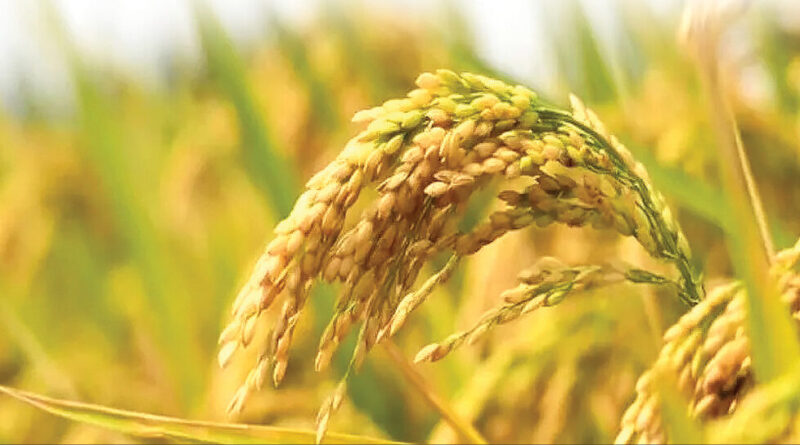Agri Scientists, Environmentalists Oppose Ht Basmati Rice Varieties, Claim Beneficial For Crop Grown Through DSR Technique
By Neel kamal
More agri scientists or environmentalists are coming forward in opposing the new variety of Herbicide tolerant (Ht) basmati rice released for commercial cultivation by Indian council of agriculture research (ICAR) nearly two months ago.
It has been claimed to be non-GM (genetically modified), beneficial for water saving direct seeded rice (DSR) technique as it would control the growth of weeds, which is a major constraint especially in DSR technique.The agri scientists say this could lead to a loss of genetic diversity in Indian rice. The farmers would need to use multiple herbicides to control different types of weeds, increasing cultivation costs.
This could be particularly challenging for small farmers who may not have the resources to adopt such practices.
Scientists argue that eco-friendly methods such as hand weeding at 20 and 40 days after DSR sowing are more effective than repeated applications of Imazethapyr in Ht-rice for weed control and higher seed yield.
Virender Singh Lather, former Principal Scientist ICAR-IARI, says “the Ht rice is not farmer-friendly and is a threat to national food security. This technology will raise cultivation costs by monopolising the seed-agrochemical market. There is no need of such technology to help DSR as it can be managed using climatic factors by preponement of date of sowing between 15 May to 10 June. Weed problems appear when humidity is high which generally increase after June 10 as monsoon approaches”.
Aruna Rodrigues, Lead Petitioner, GMO PIL for a moratorium on GE crops, on Monday wrote to ICAR Joint Director, Extension Rabindra Padaria.
It has been written that “I, along with colleagues in civil society, working with farming groups across India, are agonised to know of this development. Therefore, this step is a potential threat to India’s export markets, which are based on organic standards, along with the necessary co-surety that India’s foods and farms are not contaminated by herbicides, a consequence of using HT crops.It has also been stated that to overcome the adverse impact of the water-guzzling transplanted rice system, policymakers promoted economically non-viable crop diversification to paddy farmers without considering the climatic conditions of this zone.
Earlier while releasing the commercial cultivation on May 22, the scientists at Indian Agriculture Research Institute (IARI)-ICAR claimed the new varieties had been under experiment for a long and are the improved versions of existing varieties Pusa basmati 1509 and Pusa basmati 1121.The varieties allow for the direct application of herbicide Imazethapyr to eradicate weeds in the DSR system as they contain a mutated ALS gene.
It has been claimed that Ht basmati rice varieties would control the growth of weeds and promote the DSR technique, where seeds are sown directly in the field bypassing the traditional technique of transplanting seedlings from the nursery.
This article has been republished from The Times of India.

